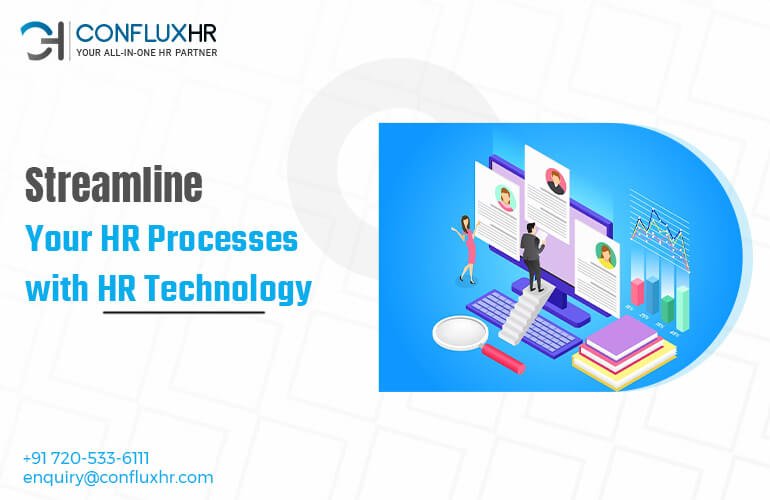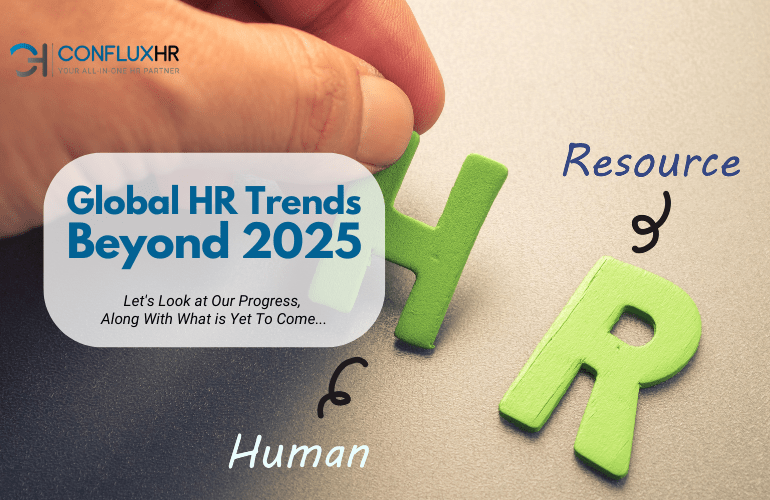As a small business owner, you understand the importance of managing your resources efficiently. One of the most valuable resources you have is your team. However, managing your team and keeping up with HR processes can be a time-consuming and tedious task.
Fortunately, HR technology can help streamline your HR processes and save you time and resources.
At ConfluxHR, we understand the challenges small businesses face when it comes to managing HR processes. That’s why we offer a powerful HR management system that can help you simplify and streamline your HR processes.
The Benefits of HR Technology
In this blog post, we’ll discuss the benefits of HR technology for small businesses and how ConfluxHR can help you achieve your HR goals.
Time-Saving Automation
With HR technology, you can automate time-consuming HR processes such as payroll, employee onboarding, and benefits administration. This not only saves you time, but it also reduces errors and improves the accuracy of your HR data.
ConfluxHR’s HR management system provides an easy-to-use platform that allows you to automate repetitive HR tasks, freeing up time for you to focus on other important aspects of your business.
Improved Compliance
HR compliance can be a complex and ever-changing landscape, with different laws and regulations to keep up with. Non-compliance can result in costly fines and legal repercussions.
HR technology can help you stay up-to-date with changing regulations and ensure your business is compliant with local, state, and federal laws.
ConfluxHR’s HR management system is designed to help you stay compliant with changing regulations. Our platform is regularly updated to ensure that you have access to the latest compliance information and tools.
Better Decision Making
HR technology provides real-time data and analytics, allowing you to make informed decisions based on data.
With ConfluxHR’s HR management system, you can access important HR data such as employee turnover rates, training metrics, and employee performance data. This data can help you make informed decisions about your team and your business.
Increased Employee Engagement
HR technology can also help increase employee engagement by providing a platform for communication, feedback, and recognition.
With ConfluxHR’s HR management system, you can easily communicate with your team, provide feedback, and recognize employee achievements. This can help improve employee morale and engagement, leading to higher productivity and better business results.
Conclusion
In conclusion, HR technology can help small businesses streamline their HR processes, save time, improve compliance, make informed decisions, and increase employee engagement.
At ConfluxHR, we understand the unique needs of small businesses and offer a powerful HR management system to help you achieve your HR goals. Contact us today to learn more about how we can help your small business succeed.






